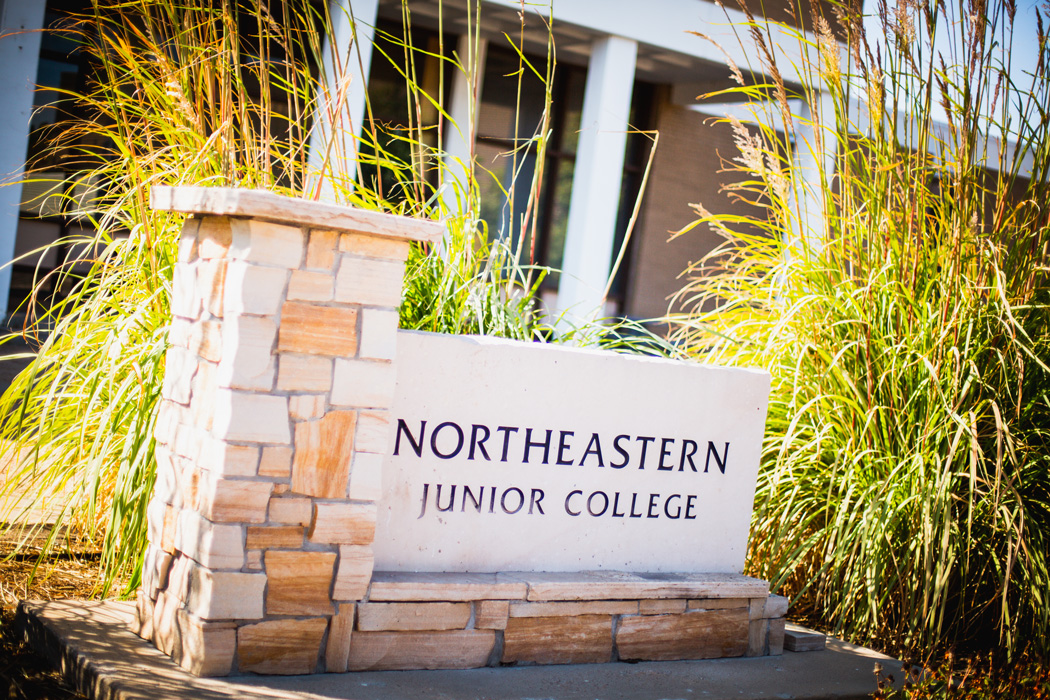Northeastern Junior College’s Adult and Community Education Program had a very successful year last school year. Jamie Giacomini, director of the program, gave an update on students’ achievements for the 2021-22 school year, which ended last summer, during an NJC Advisory Council meeting on Nov. 17.
To start she explained what the ACE program is. Federally funded through the state, it offers high school equivalency preparation as well as English language development classes in Sterling, Yuma and Holyoke.
ACE programs have both state and federal targets they must strive to meet. Students in the program are both pre and post-tested and for the state requirement, the target is to post-test at least 60% of students. At the federal level, 38% of learners must demonstrate a level gain from pre-test to post-test, which is equivalent to going up a grade level or more.
Last year, NJC post-tested 61% of students.
“Which is quite the feat, because as adult learners, once they’re done they’re done and sometimes before they’re done they’re gone, so that’s the hardest thing about adult education is keeping them long enough to get the outcome out of them,” Giacomini said.
Additionally, gains were demonstrated by 44% or 27 out of 61 learners at the Sterling site, 44% or 7 out of 16 learners at the Holyoke site and 46% or 18 out of 39 learners at the Yuma site. There are several different ways to obtain a measurable skill gain besides pre and post-testing including obtaining a GED, enrolling in a postsecondary education program and completing NJC’s Pathway to CNA (Certified Nursing Assistant) program. According to Giacomini, overall 50% of NJC’s 116 learners last year had measurable skill gain, with 52 demonstrating a gain from pre-test to post-test, four obtaining and reporting a GED (there were at least four additional GED graduates, but they did not report their scores to NJC) and two completing the Pathway to CNA.
“So, we really blew the target out of the water,” she said. “So much so that we were number three in the state on measurable skill gains.”
At this time, the ACE program is serving 74 students and it is too soon to tell how students are doing because they won’t be given a post-test until they have had 60 hours of instruction. Students are just now starting to hit that point if they have had good attendance, but that can be a challenge. Asked what the major factors are that are impacting attendance, Giacomini said it’s life in general: Some students are experiencing sickness themselves or a child is sick so they have to stay home, others get a higher paying job or a more consistent work schedule and drop out of school and some of the younger students are there because someone told them to be and once that person isn’t looking then they drop out.
“Through COVID one of the things that we were able to leverage is an increase in our technology, so we do have the capacity to offer distance learning when a student can’t be here in person and that has been a really great supplement. It’s not as good as in-person, especially with English language development, but it helps get us through those rough spots,” she shared.
Giacomini spoke briefly about the Pathway to CNA program, which was piloted last year and combined both adult education and English language development concurrently with the CNA program.
“What we did is we found a specific cohort of English language learners that were on a similar proficiency level and we gave them focused instruction that prepared them for the CNA program,” she said, explaining that instructors in both programs shared lesson plans, so the ELL students were able to learn vocabulary that is pertinent to the CNA program and the verbal skills they would be using when doing their clinicals.
There was a small cohort of five learners that went through the program and two completed it.
“The community college system views this as an entry path for our non-English speakers to begin a career that would ultimately lead to a nursing degree. So, it was an early start for us, but the two have been successful and I think if I heard right, have been job placed and we hope to see them back for continuing education,” NJC President Mike White said. “We’re excited; we’ll continue to try for that program as long as we can get interest.”
Giacomini told the council the program is very valuable.
“It changed lives really. The majority of our students were working in fast food and now several of them have employment at local nursing homes and healthcare facilities and as Mike said there are also a couple that are continuing on in their education and pursuing a nursing degree now. So, we hope to continue to offer that, but you’re really looking for a very specific cohort of students, so that’s the challenge,” Giacomini said, adding that they would love to replicate the program with some of NJC’s other career and technology programs.


